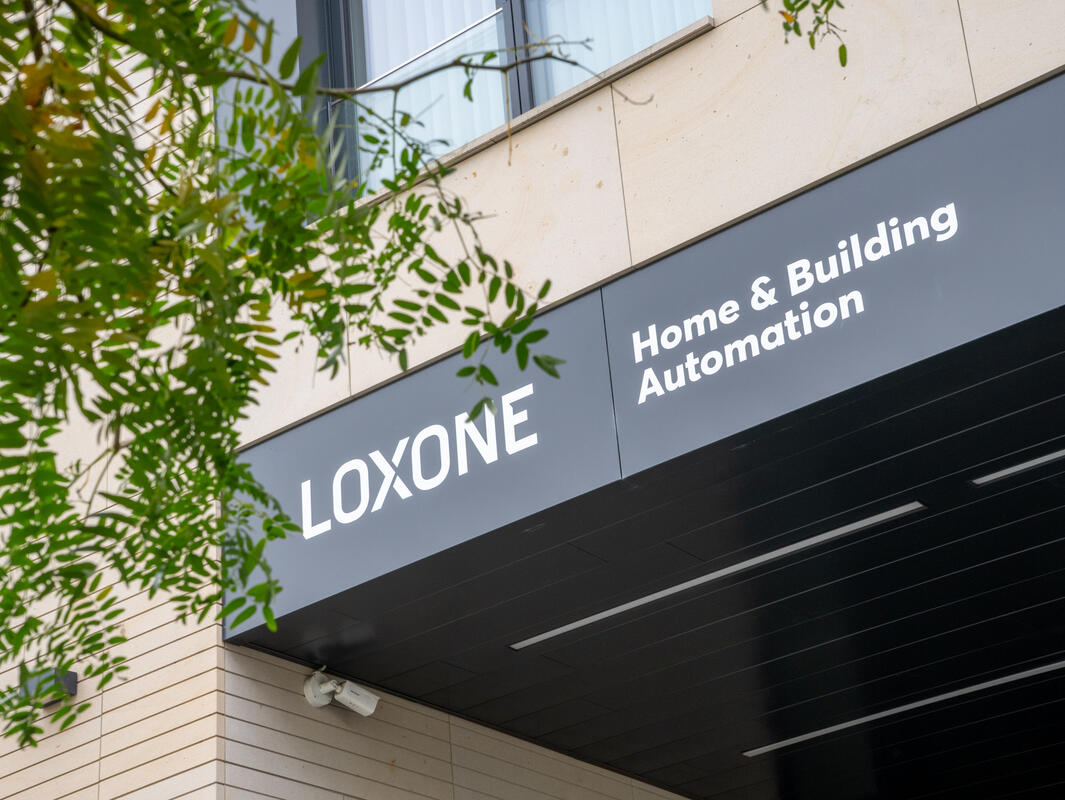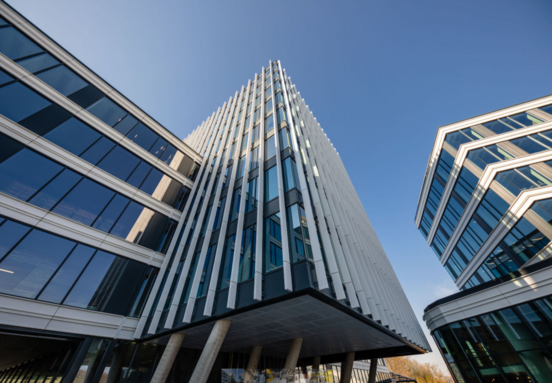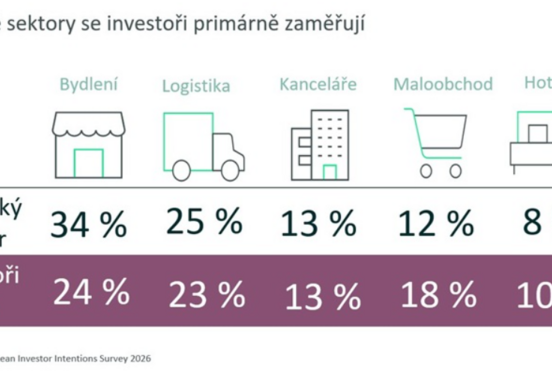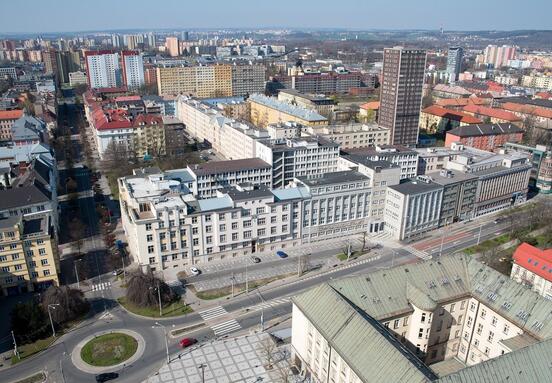The Era of Intelligent Buildings: A Business Imperative
In today's competitive landscape, businesses face increasing pressure to meet ESG goals, reduce their carbon footprint, and significantly lower operational costs. This drive is accelerating the adoption of modern technologies, from solar panels and heat pumps to energy-efficient lighting. Buildings are evolving into complex, integrated organisms, and their efficient management is impossible without smart automation.
Unlocking Efficiency: How Automation Delivers Real Savings
Smart automation systems serve as the central nervous system of a building, meticulously managing all critical functions. Take, for instance, a new showroom in Prague, where all technologies – heating, cooling, recuperation, CO2 measurement, audio, and security – operate as a single, perfectly coordinated entity. This results in maximally efficient and economical operation, significantly reducing the need for human intervention. These systems can even overcome infrastructural challenges, such as limited electrical capacity, by intelligently managing loads, ensuring all operations, including powerful EV chargers, run smoothly.
Eliminating Human Error: The Silent Cost-Saver
Human behavior often represents the weakest link in building management. Even the most diligent employees can forget to turn off lights, adjust heating or cooling, or properly manage shading. Statistics reveal thousands of manual adjustments annually, each carrying the potential for unnecessary energy waste. Automation eliminates these inefficiencies by ensuring consistent, optimal performance. A smart building's 'Miniserver' acts as its brain, ensuring technologies work in harmony, preventing scenarios like heating and cooling simultaneously in the same room, maintaining safety, comfort, and energy efficiency around the clock.
Proven Impact: Real-World Business Success Stories
The benefits of automation extend across various sectors, from administrative buildings to quick-service restaurants. A prime example is the implementation of smart systems in several McDonald’s branches across Europe. A significant renovation of a McDonald’s restaurant in Prague, for instance, delivered energy savings exceeding half a million Czech Crowns within just six months, with the investment paying for itself in less than half a year.
For high-tempo environments like quick-service operations, automation is indispensable. It allows staff to focus entirely on customer service and core tasks, while the system handles routine operations like powering down unused appliances. This translates into substantial financial savings, particularly for businesses with near-continuous operation.
Why Choose a Smart Office or Warehouse for Your Business?
For businesses seeking new office or warehouse space, the integration of smart automation is no longer a luxury but a strategic advantage. Opting for a smart building means:
- Reduced Operational Expenditure: Significantly lower energy bills and maintenance costs.
- Enhanced Sustainability: Achieve ESG compliance and reduce your carbon footprint with ease.
- Optimal Comfort & Productivity: Automatically controlled environments improve employee well-being and focus.
- Future-Proof Investment: Stay ahead with technology that adapts to changing needs and regulations.
- Simplified Management: Fewer manual interventions mean less hassle and more focus on your core business.
- Increased Property Value: Smart features make your rented space more attractive and efficient.
Smart automation transforms ordinary spaces into highly efficient, comfortable, and sustainable environments. As you evaluate your next office or warehouse, prioritize properties that offer intelligent building management – it's an investment in your business's future success and profitability.
Source: crestcom.cz







